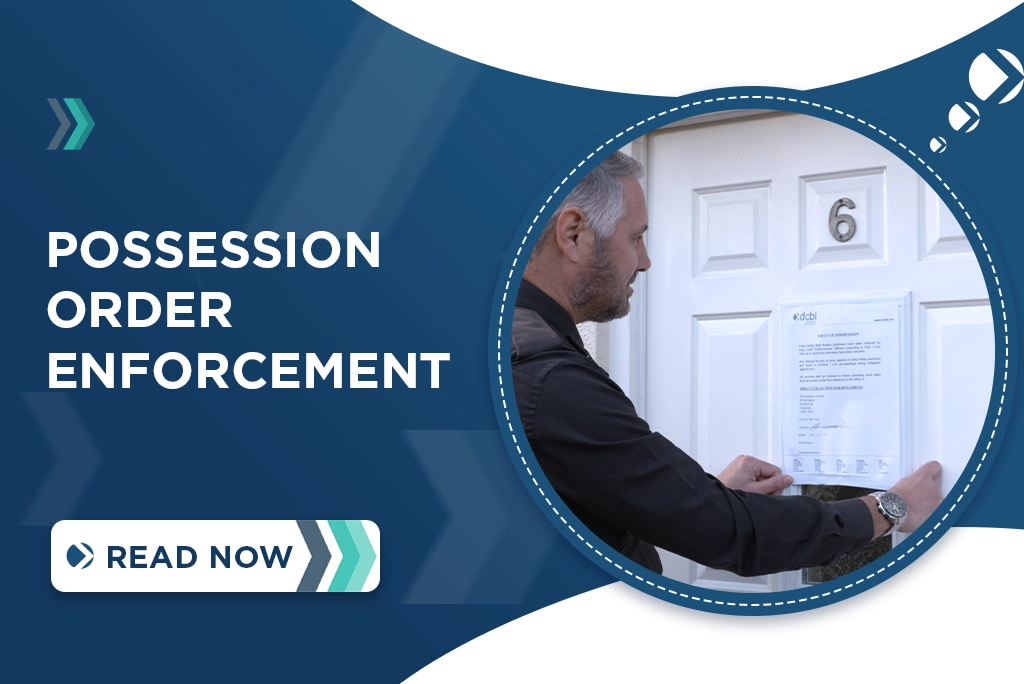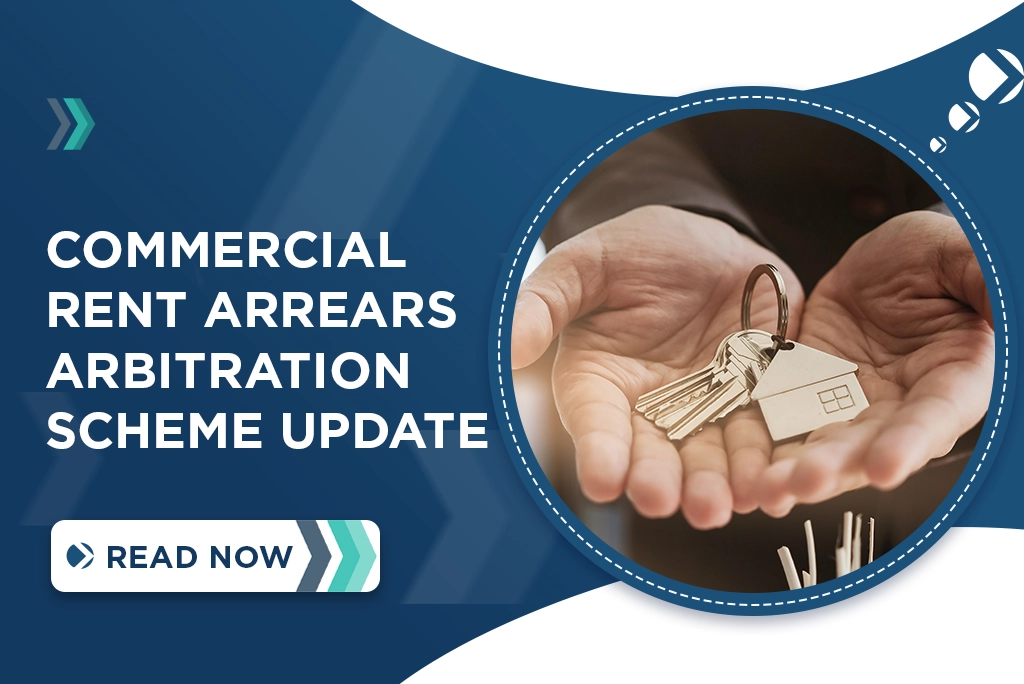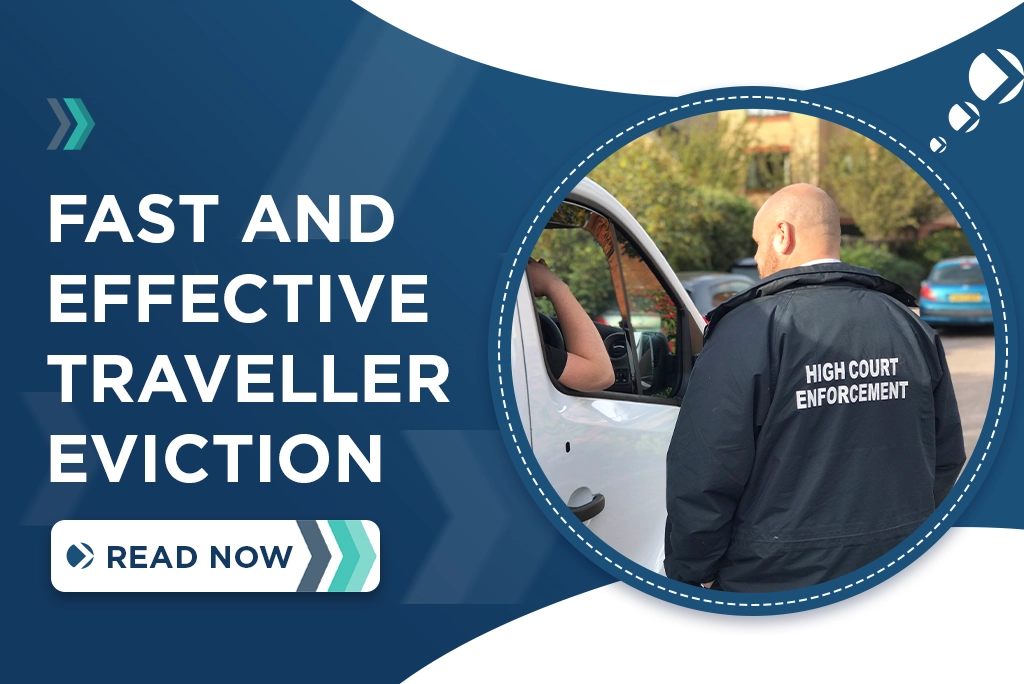
Possession Order Enforcement – How Long Does It Take?
8th February 2023
Are you a landlord looking to evict tenants from a rented property? Or perhaps you own land and need to remove the current occupants and regain residential possession? If these apply to you, you will need a possession order.
Possession Order Enforcement – Contents
- What Is a Possession Order?
- How Long Does a Possession Order Take?
- Residential Possession – Speak With the Experts
When a tenant fails to pay their rent on a regular basis, this can create a matter of issues for the landlord. Making the decision to remove them can be difficult, especially as this will mean waiting for another tenant to become available.
There are practices in place that can make the removal of tenants or occupants from your premises easier than you may think.
This guide will outline the process of how long a possession order takes and answer any questions you may have.
DCBL can help you by providing a simple and complete solution for residential possession.
What Is a Possession Order?
A Possession Order, also known as an “Order for Possession”, is a court instruction ordering occupants of a property to leave by the date given.
If a landlord or landowner wants the occupants to leave, they will apply for a possession order. This may be due to unpaid rent arrears, ignoring the tenancy agreement, occupation without permission, damage to the land, etc.
There are two different types of possession orders:
- Outright Possession Order
This possession process gives the occupant a specific date to leave, usually 14 days after the order.
The landlord may ask the court to evict the tenants with a ‘warrant of possession’ if they fail to leave within the outlined timeframe.
- Suspended Possession Order
A suspended possession order allows the occupant to stay on the premises only under certain conditions. These can be anything from paying off rent that they owe to paying for damage made to the property.
How Long Does a Possession Order Take?
A possession hearing, which is part of the eviction process, usually takes place before a judge makes a possession order.
A case is put forward to the judge who decides whether the occupants can remain or if the eviction can go ahead.
Landlords may use an accelerated Section 21 notice procedure meaning a court hearing may only be needed if a judge thinks otherwise.
After the order has been confirmed, a date will be outlined for the occupants to leave the premises. This can usually be up to a month’s notice after the court hearing, but no less than 14 days.
Once a warrant for possession is granted by the county court, you will want to minimise loss of future rent.
It is common for landlords and landowners to need permission from the court if they wish to transfer an existing possession order up for high court enforcement.
This is best requested at the initial application for the Order for Possession. If you have an existing Order for Possession, you can request this using form N244.
Once this permission is in place, contact our highly-experienced Residential Possession specialists.
The necessary applications will be completed by us to enable the High Court Writ of Possession to be sealed.
Following this, our agents’ attendance will be scheduled to take back possession of your property.
Residential Possession – Speak With the Experts
DCBL has provided an award-winning service to our clients for over 20 years. We offer a much swifter resolution regarding the possession of property throughout England and Wales.
Our expertise in High Court Enforcement enables us to conduct the possession ethically and efficiently. This allows you to focus on the important things in life whilst we work in the background.
Instructing DCBL to conduct the enforcement of a possession order is the best solution for you.
If during the eviction process, the occupant flees the property without paying rent arrears, we can trace them. Our debtor tracing services establish the new location of the debtor and will support the collection of your debts.
To make the Residential Possession process easier, we can provide you with a locksmith, or if you prefer, you can arrange your own. On average, locksmith fees can be between £130 to £180 depending on the number and quality of locks used.
If you are in a situation where you do not want to meet with the tenant, we can supervise the removal of goods. To find out more about the cost of this, do not hesitate to get in contact with us.










